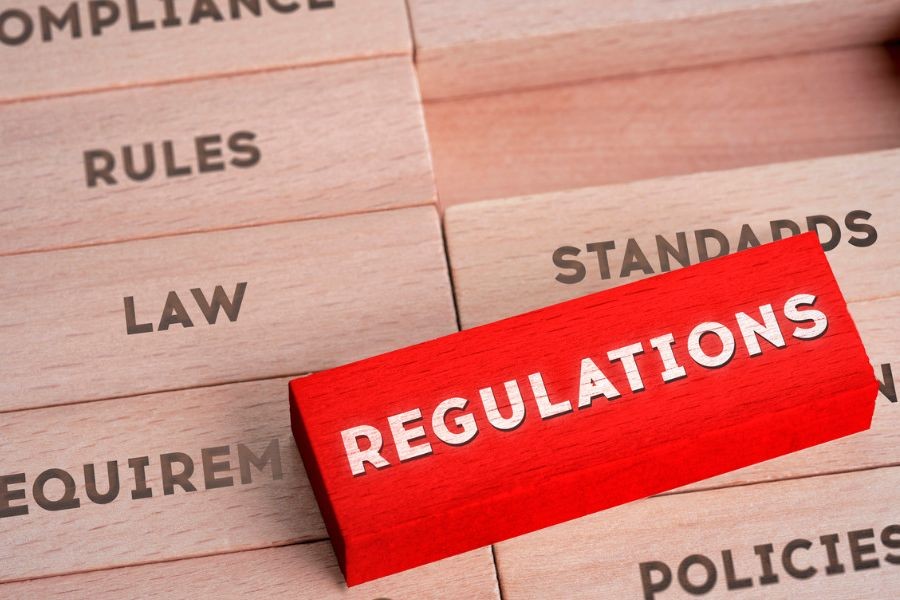In Australia, the purchase of a new car is often a moment of pride and excitement. Yet, for some, this experience is marred by the emergence of persistent car defects, leading to costly repairs and frustrations. This brings us to a crucial topic: Australia's lemon car laws. Despite existing consumer protection frameworks, loopholes in these laws can leave car buyers vulnerable. Understanding these gaps is essential for tech enthusiasts and consumers alike who wish to navigate the automotive market with confidence.
Understanding Australia's Lemon Car Laws
Australia's lemon car laws are designed to protect consumers from defective vehicles that fail to meet quality and performance expectations. While these laws aim to provide recourse for buyers, they often fall short due to various loopholes. The Australian Competition and Consumer Commission (ACCC) has noted that many consumers remain unaware of their rights under these laws, leading to prolonged disputes with manufacturers.
Key Components of Lemon Car Laws
- Consumer Guarantees: Under the Australian Consumer Law (ACL), vehicles are expected to be free from defects and fit for purpose. If not, consumers are entitled to a repair, replacement, or refund.
- Statutory Warranty: This warranty is typically limited to a specific period and is dependent on the state or territory in which the vehicle was purchased.
- Definition of a Lemon: A vehicle that cannot be repaired after a reasonable number of attempts may be classified as a lemon, entitling the owner to a refund or replacement.
Secret Loopholes in the System
Despite these protections, loopholes in the lemon car laws can undermine consumer rights. One significant issue is the lack of a uniform national lemon law, leading to inconsistencies across states. This can make it challenging for consumers to understand their entitlements and pursue claims effectively.
Loopholes Explored
- Inconsistent Definition of 'Lemon': The criteria for what constitutes a lemon varies significantly, meaning a car deemed a lemon in one state might not be in another.
- Limited Coverage: Many lemon laws primarily cover new vehicles, leaving used car buyers with fewer protections.
- Burden of Proof: Consumers often bear the burden of proving a vehicle is a lemon, which can be a complex and costly process.
Case Study: The Realities Faced by Australian Consumers
Consider the case of Jane, a Sydney-based tech professional who purchased a new vehicle. Within months, her car developed persistent mechanical issues. Despite multiple repair attempts, the problems persisted, prompting Jane to seek a replacement. However, due to the lack of a clear definition of a 'lemon' in New South Wales, Jane faced an uphill battle in proving her case. Ultimately, she had to settle for ongoing repairs rather than a replacement or refund.
Expert Opinions and Industry Insights
According to a report by the Australian Bureau of Statistics, the automotive industry contributes significantly to the national economy, with new car sales generating billions annually. Experts argue that while the sector is thriving, improvements in consumer protection laws are needed to maintain trust and drive growth. Legal analysts suggest that a national standard for lemon laws could be the key to resolving current inconsistencies.
Expert Recommendations
- National Harmonization: Implementing a uniform national standard for lemon laws could ensure consistency and clarity for consumers across all states.
- Enhanced Consumer Education: Raising awareness about consumer rights under current laws can empower buyers to assert their rights more effectively.
- Greater Manufacturer Accountability: Encouraging manufacturers to prioritize quality control can reduce the incidence of lemon vehicles.
Global Comparisons and Australian Implications
Globally, countries like the United States have established robust lemon laws, offering clear guidelines and protections for consumers. For instance, California's lemon law mandates that if a vehicle cannot be repaired after a reasonable number of attempts, the consumer is entitled to a refund or replacement. Adopting similar standards in Australia could enhance consumer confidence and streamline dispute resolutions.
Potential Impact on Australian Businesses
- Increased Consumer Trust: Strengthening lemon laws could lead to higher consumer confidence, boosting sales and brand loyalty.
- Economic Benefits: A more transparent automotive market could attract international investments and enhance Australia's reputation as a consumer-friendly market.
Future Trends and Predictions
Looking ahead, the push for electric vehicles (EVs) and technological advancements in the automotive sector are likely to influence lemon laws. As vehicles become more complex, the need for comprehensive consumer protections will grow. By 2030, it's predicted that Australia will see a 50% increase in EV sales, necessitating updated regulations to address emerging challenges.
Predicted Developments
- Integration of AI in Vehicle Diagnostics: AI technology could play a role in identifying defects more efficiently, supporting consumers in asserting their rights.
- Policy Reforms: Regulatory bodies may introduce reforms to address the unique challenges posed by advanced automotive technologies.
Final Takeaways and Call to Action
- Understanding the current limitations of Australia's lemon car laws is crucial for protecting consumer rights.
- Advocating for national harmonization and enhanced consumer education can lead to significant improvements in the automotive sector.
- As the industry evolves, staying informed about policy changes and technological advancements will be key to navigating the market effectively.
What strategies have you found effective in navigating Australia's automotive market? Share your experiences and insights with us below!
People Also Ask (FAQs)
- How do lemon car laws impact Australian consumers? Australia's lemon car laws aim to protect consumers from defective vehicles, but inconsistencies can lead to prolonged disputes. Understanding these laws can help consumers assert their rights more effectively.
- What are the biggest misconceptions about lemon car laws? A common myth is that all defective vehicles qualify as lemons. However, the criteria vary across states, affecting consumers' ability to claim a replacement or refund.
- What upcoming changes could affect lemon car laws in Australia? As the automotive industry evolves, policy reforms are anticipated to address new challenges, particularly with the rise of electric vehicles and advanced technologies.
Related Search Queries
- Lemon car laws Australia 2024
- consumer rights for defective vehicles in Australia
- State differences in Australian lemon laws
- Electric vehicle consumer protections in Australia
- How to claim under lemon car laws
For the latest updates on consumer rights and automotive industry trends, subscribe to our newsletter and join the conversation on our forum!































